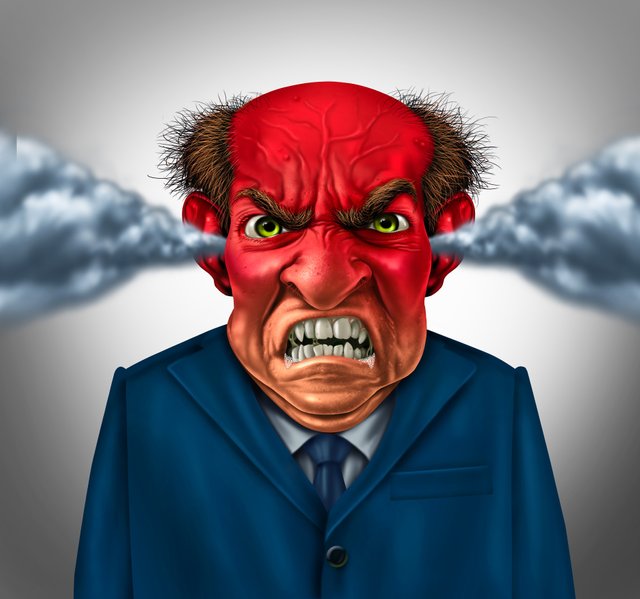The words "provoke" is often used to describe actions that are meant to be offensive, especially when they are done in public. It's also the name given to the act of provoking a person or group. Some of the most common activities that people do to provoke other people include offensive body language, aggressive comments, and even shouting. Some examples of these behaviors may include someone in an airport loudly yelling and waving at another passenger with rude and offensive gestures, a teenager telling a teacher that he/she should be ashamed for being overweight, someone else on the street insulting another person who has a different religion, or someone who verbally assaults someone else. The intent behind the act of provoking is to cause offense or upset.

In order to get the "cure" to this negative emotion that one has been experiencing, what you need to do is identify the underlying problem that is causing you to have this reaction. For instance, if you were feeling frustrated because someone in your work environment kept nagging you and lecturing you about your errors or poor work, then it is likely that the stress you feel is coming from the stress factor that is present in your workplace. When you identify the root cause for your frustration, you can begin to deal with it. It is a good idea to take a break to calm yourself after your day and before you go to bed. This will help you avoid having a negative thought running through your mind about your situation. This will make you more productive.
People use words and phrases in their everyday lives to cause offence and upset. As a result, there are many different things that you can do in order to avoid hurting another person's feelings or putting them into an emotional state. There are many things that people say that are offensive that would not necessarily put you in an angry or irritated state. You can avoid saying these things. It's a matter of self-control and patience and you can learn how to control your response so that you don't hurt another person or set them off.
One of the most common examples of this is to say something rude, offensive or inflammatory in public. Even something as simple as telling someone that you hate their hair can be seen as an attack. If you get caught doing this, then you'll likely face severe consequences and may even be arrested for assault. However, if you are able to find ways to limit your responses to situations that may provoke others, then you will be able to avoid being a victim of this offense.
If you're going to be rude or offensive in public then you should also be aware of the repercussions that can be faced if you offend someone's feelings. When you have hurt another person's feelings, you might be criticized by other people that were not involved in the original offense. If you say something offensive and you can't stop it, then you'll have to learn to control your temper and your responses.
It is important that you know the difference between what you mean by the words you use to provoke someone and what is acceptable in terms of using offensive and inflammatory language. You don't want to lose yourself in this fight or be seen as someone that can't control his/her temper. When you are faced with someone that you don't know well and want to insult, you need to try to make sure you are able to identify what you're being said to mean first and then decide whether or not the words you are using are an appropriate way to do this.
Anger is an emotion that you must learn to control. To avoid having your own anger turn into a destructive one, you should practice controlling your anger and learn to let go of the negative emotions that are associated with it. Anger is an emotion that you need to learn to control so you won't have to let it consume you.

When you are faced with a public situation, you can either learn to control your anger and keep the offending statements out of the public eye or you can let your anger become an attack. Learning how to control your reactions will ensure that you don't have an inappropriate outburst that will damage other people's feelings and cause hurt to them. If you can learn to control your response to situations, then you'll be able to prevent this from happening.